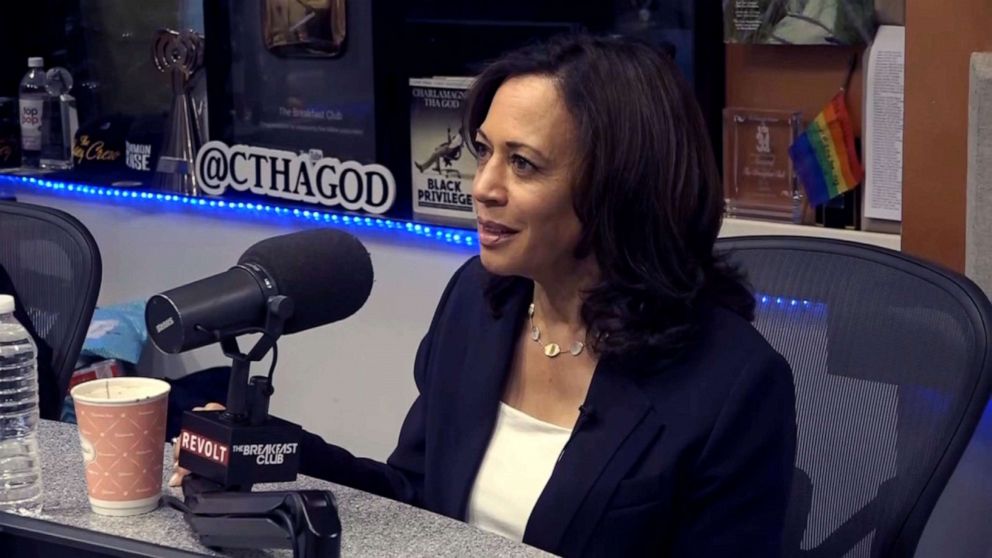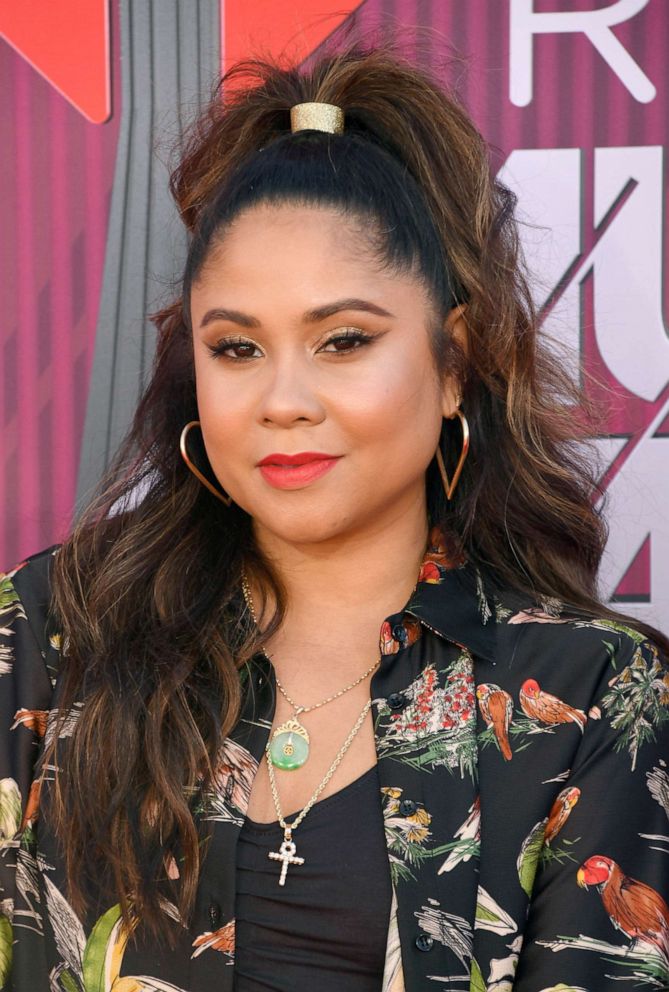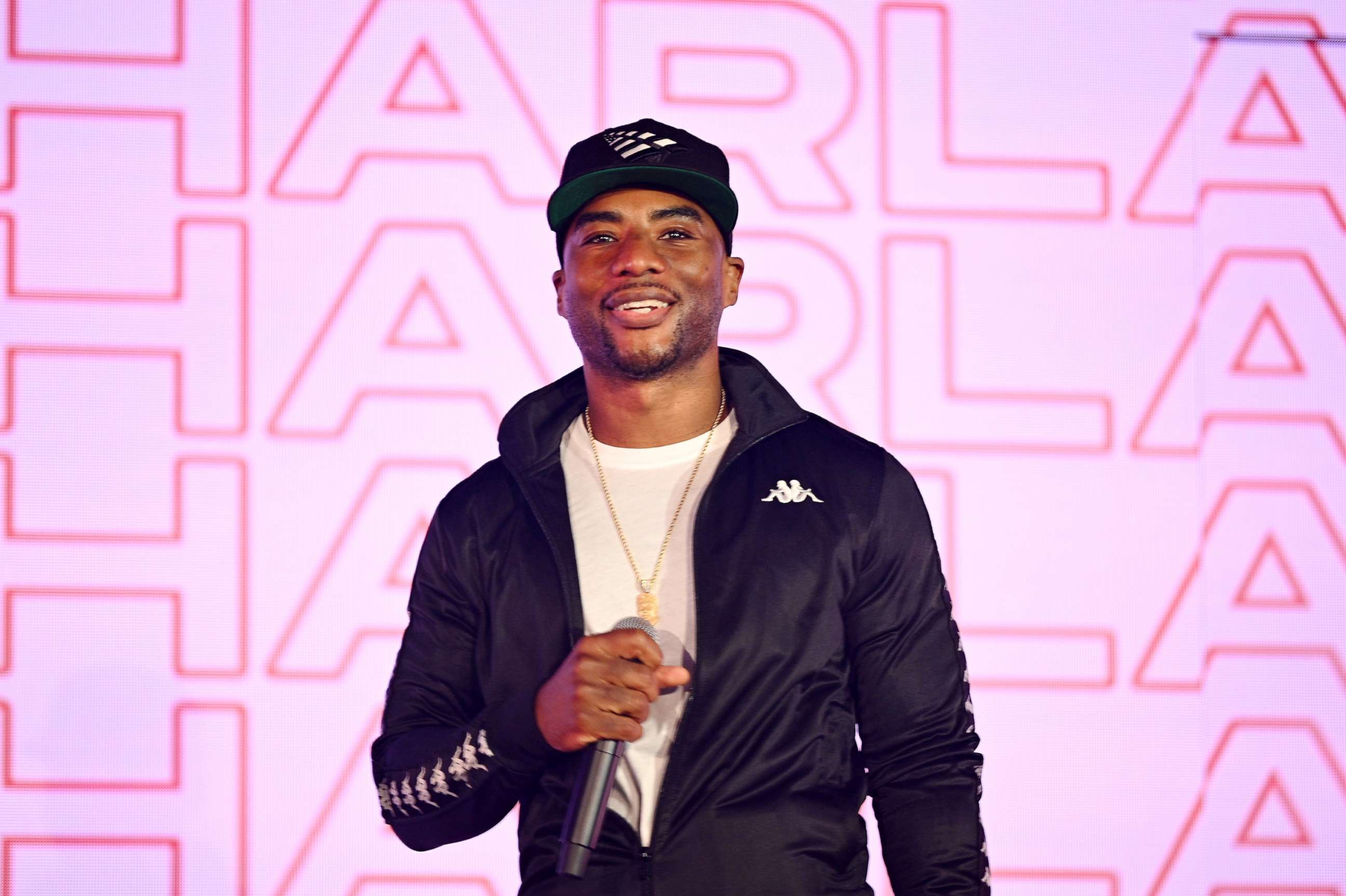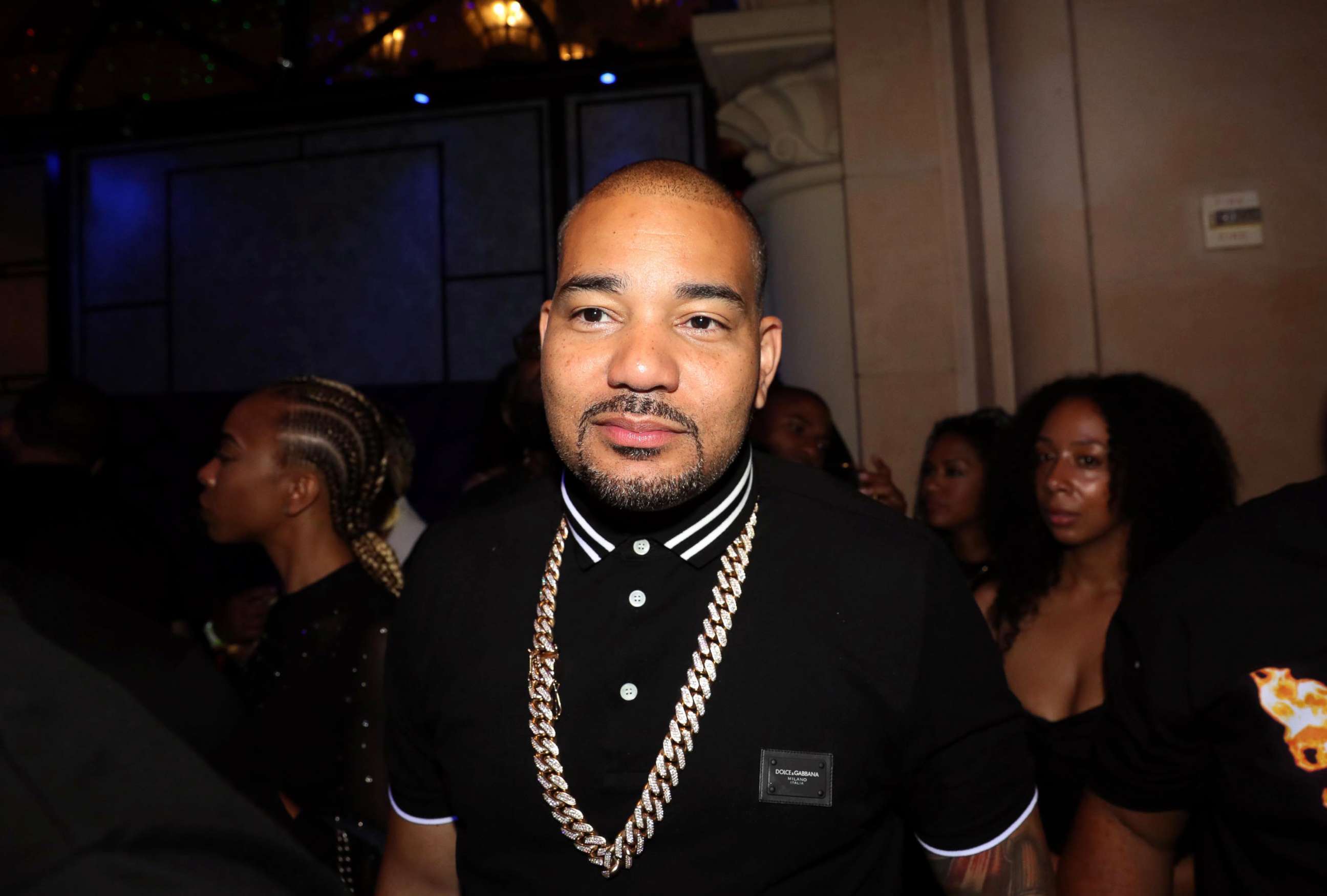Inside 'The Breakfast Club,' a must-do stop for 2020 contenders
Several of the top 2020 candidates have made appearances on the show.
It may not be the early primary states of Iowa or New Hampshire -- but a syndicated hip-hop radio show based in New York City's Tribeca neighborhood has become one of the hottest, must-do campaign stops for 2020 Democratic candidates looking to garner the support of urban voters.
"The Breakfast Club" hosts: Angela Yee, DJ Envy and Charlamagne Tha God aren't afraid to take it there, broaching topics that candidates won't answer or don't answer on other shows. Though the hosts don't call themselves journalists, they do ask tough questions from candidates seeking to occupy the White House.
Former Secretary of State Hillary Clinton went on The Breakfast Club twice in 2016 to appeal to its audience. When pressed by hosts she revealed that she carried hot sauce in her bag.
It's a show where 2020 presidential hopeful Sen. Kamala Harris has made three appearances, two in 2019 alone. The hosts asked direct questions about the California lawmaker's ethnic background and she acknowledged that she smoked marijuana "a long time ago" in college.
"I just broke news," she said, laughing with the show's hosts at the realization that her comments would make waves.

Last month, Sen. Elizabeth Warren was pressed to explain when exactly she discovered she wasn't of Native American heritage.
Sen. Cory Booker opened up to the hosts about his dating life and Mayor Pete Buttigieg laid out his agenda for black voters.
Those edgy moments often galvanize news coverage in mainstream media and drive conversations on social media for days.
Their approach to interviews often leaves nothing on the table, frequently gives way to viral moments and showcases a different side of candidates.
One of the earliest segments the hosts record is "Get It Off Your Chest," in which listeners call in to talk and vent to hosts. Topics ranged from ICE raids and immigration to housing during a recent call-in session.
Charlamagne said listening to segments such as this helps him prepare for interviews.
"These are the conversations that are happening everywhere," he said. "These conversations are happening in the barbershop they're happening on social media."
And they are happening on the show.

Harris returned for her third visit to "The Breakfast Club" on Thursday where she talked about everything from the economy to her last date with her husband Doug Emhoff. She continued her criticism of 2020 presidential competitor, former Vice President Joe Biden, over his remarks on busing in the first Democratic debate, calling his efforts to explain "revisionist history."
"I'm not going to let us engage on a debate stage for who's going to be the next president of the United States -- I'm not going to allow us to engage in revisionist history," Harris said.
"I can't stand on that stage and allow certain conversations to be taking place," Harris told the radio hosts.
The Biden campaign did not respond to ABC News' request for response to Harris' criticism.
Yee, one of the show's hosts, said she likes to hear what candidates have to say instead of trying to get a sound bite.
The hosts begin the morning hours before sunrise in a studio in lower Manhattan.
All three of the hosts prepare differently for these candidate appearances, but they all are aware of the impact these interviews have on their audience. This show is different than most, they don't have scheduling or planning meetings. The conversations they have with guests are live, unscripted and the hosts don't meticulously plan who is going to ask what question.
When asked by ABC News, none of the hosts described themselves as journalists.
Yee said, she tries to avoid dwelling on the same topic, instead looking towards the future.
"I think it is important to look at somebody's record," she said. "But it's also important to see how have they progressed from there? And what are their ideas that they plan to implement, and then make sure that we hold them accountable for what they say they want to do."
The Breakfast Club hosts said this sets them apart from other shows the candidates appear on.

Some 77% of the show's audience is African American or Hispanic, according to Nielsen data. That demographic is key -- making up nearly a third of the Democratic primary electorate, according to one Brookings Institution study. And the reach is big -- more than 8 million monthly listeners and have more than 3.5 million subscribers on YouTube.
These 2020 presidential candidate interviews are personal for different reasons to each of the hosts.
When Envy prepares for an interview, he said he looks to things that affect him and his community. However his first research calls are to his family first.
"When I prep for politicians or things that I don't know as much about I use the first person I call is my father." He said: "I ask him what his thoughts on different things, and I just jot them down, and then I go to my kids."

During Harris' interview on the show, Envy said he talked to his 6-year-old daughter who called Trump a dummy. When he asked why she used the word she explained "he doesn't believe in climate control. And he doesn't understand that the plastic straws kill the turtles."
Envy later told Harris, he learned about the dangers of plastic from his six-year old, and asked her," How do we try to fix what's going on with this earth? Because she's scared. She's six. And she was like, she wants to be around and see her kids and grandkids."
After the interview Envy told ABC News that he asks questions that affect his day-to-day life and sometimes those questions are even influenced by his children.
"When I just ask questions ... that I always hear people talking about that, that affects my community, whether it's home ownership, you know, mortgages, whether it's schools, whether it's things that affect me, in my community, and those are the things that I really push towards."
For the show's hosts, that unique perspective is a valuable contribution to the political discourse -- one that ensures minority perspectives on politics are heard.
"When people hear our interviews, it might make them have a whole different point of view about somebody," Yee said adding that she weighs such considerations often. "Am I exposing someone they never heard of, or even thought about before? We're in a unique position."




